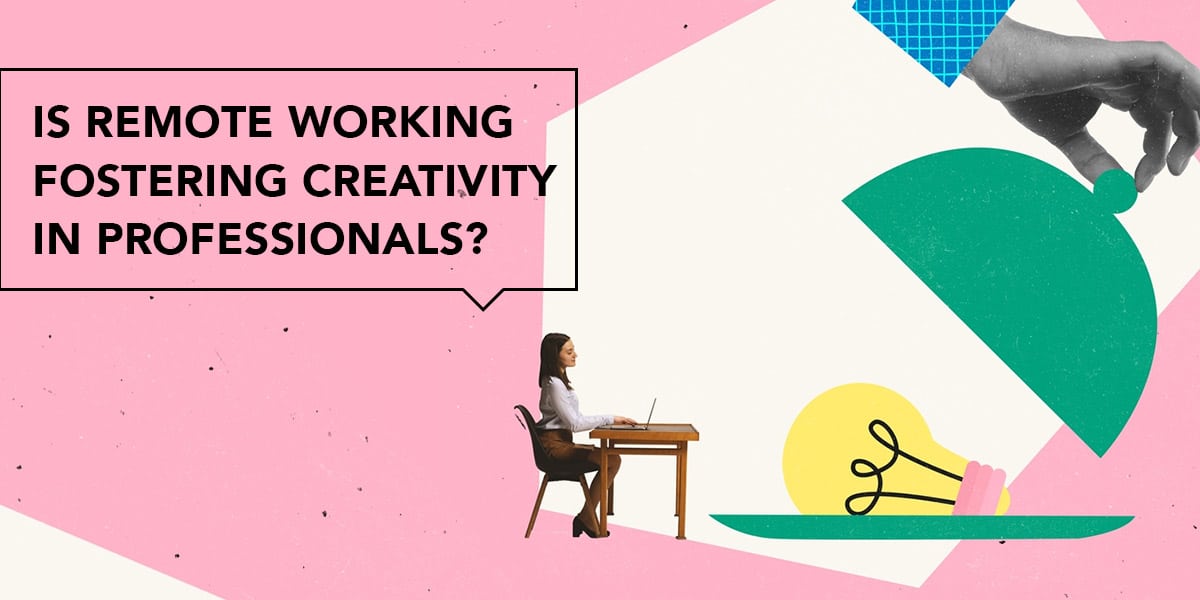
Is remote working fostering creativity in individuals?
Is remote work leading to a boost in creative thinking among Individuals?
Think of the world in 2019. Seems like a decade ago, right? Covid brought about a series of changes in different aspects of life. It brought about a monumental shift in the corporate landscape. The biggest organizations in the world adopted a culture of remote working for their employees. This culture still thrives post-pandemic. As individuals experience the benefits of increased flexibility, improved work-life balance, and reduced commuting stress, there is a growing gravitation towards jobs that adopt remote or hybrid work structures.
There has been a mindset shift in the employers and employees as they acknowledge the benefits of remote/ hybrid work in increased productivity, emotional well-being, and job satisfaction. Like every coin has two sides, so does this subject. Remote working fosters creativity in professionals, although its impact can vary depending on various factors. Here are some ways in which remote working can contribute to creativity:
Create your own work environment:
Increased focus, and reduced distractions:
No more commuting hassle:
The world is your playground:
Say hello to work-life balance:
Increased work independence:
When professionals work remotely, they often have more freedom and independence to manage their tasks. This freedom gives them a stronger sense of ownership and empowerment, which helps foster creativity. They have the space to explore new ideas and take risks without constant supervision. Being able to make decisions on their own and take charge of their work allows professionals to think creatively, come up with innovative solutions, and approach challenges in unique ways.
We can go on talking about the advantages of remote work, but it’s also of equal importance to shed light on some of the demerits. These include feelings of isolation, limited social interaction, potential communication barriers, and difficulties in maintaining collaboration and brainstorming sessions. Feelings of isolation can arise when professionals lack regular face-to-face interaction with colleagues, potentially impacting motivation and inspiration. Limited social interaction may deprive individuals of social bonds that often stimulate creativity. Communication barriers, such as technological glitches or language barriers, can hamper the seamless flow of ideas and hinder collaboration.
Overall, while remote working can foster creativity in professionals through its numerous advantages, it is important to establish supportive structures and strategies to minimize the potential challenges and maximize the creative potential.



